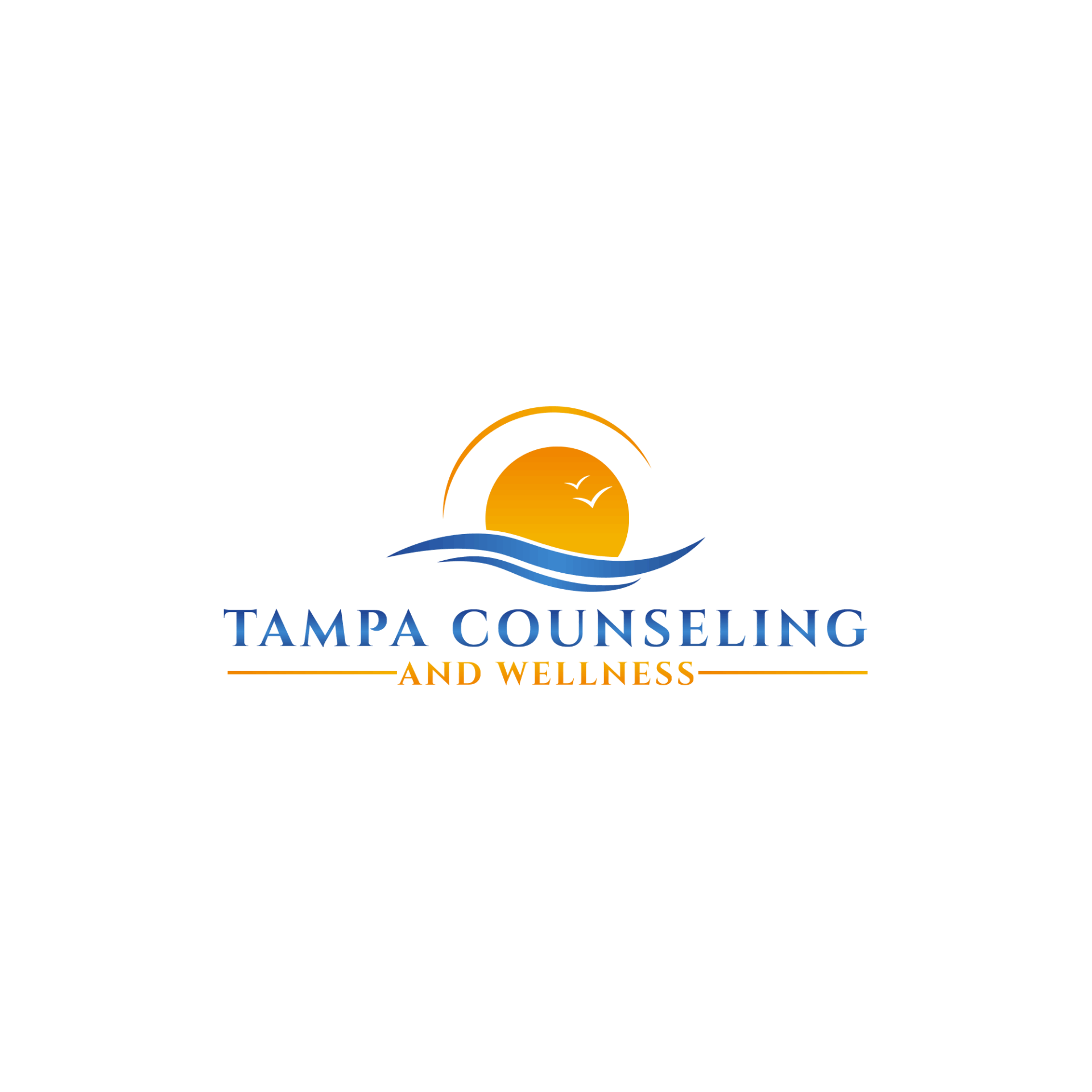It’s Okay To be Gay
Personal Experience
Before I started going to therapy, I struggled with being okay with my sexual identity. I am a female who is in a relationship with another female. Where I’m from, it wasn’t normalized to go on a date with another female. My partner and I would actually be stared at so much that we would leave due to being so uncomfortable. Therefore, this mindset became internalized that I wasn’t normal.
When I started going to therapy, I referred to my partner as “they”. I didn’t feel comfortable sharing the gender of my partner because I wasn’t comfortable with myself. I thought that I shouldn’t talk about it or that I couldn’t talk about it because it wasn’t “normal”. I also struggled with talking about the discrimination I experienced due to being a lesbian. Discrimination from my own friends, family, or even teachers. I didn’t know how to talk about it because I thought the problem was with me, not with those who hurt me.
Benefits of Therapy
The mindset that I wasn’t normal wasn’t okay because in reality, I didn’t need to be “normal”. I just needed to learn how to be comfortable with me because there was nothing wrong with me. After I opened up about the gender of my partner, I started to learn how to be comfortable with being myself and to not hold onto that idea of normality. Being normal and being like everyone else can actually be boring. Therapy helped me realize that there isn’t anything wrong with being me and it was a safe space without any judgements. It allowed me to truly speak my mind about my experiences identifying as a lesbian and that it is okay to talk about the discrimination that I have experienced. It was also okay to feel hurt due to how I was treated and that I could stand up for myself.
Counselor Standards
The American Psychological Association (APA) sets standards for counselors on how to best educate themselves on the LGBTQ+ community and how to best support the community through their experiences. Below are a few examples of guidelines set by APA:
- Psychologists try to understand how discrimination can affect the life of an individual
- Psychologists try to distinguish sexual orientation from gender identity
- Psychologists try to learn about and respect LGBTQ+ relationships
- Psychologists try to understand how identifying with LGBTQ+ may affect the relationship between that individual and their family
APA set these standards because they recognize that the experience of one who identifies as LGBTQ+ can be challenging. Individuals may experience discrimination, conflicting feelings from family or friends, conflicting feelings about themselves, and so much more. Becoming educated and developing an understanding of these experiences can help the counselor better support those individuals along their journey.
Mistakes That Can Be Made
There may be a time when a counselor, or someone in general, misgenders you, or your partner or just makes a mistake when referring to your identity. Just know, it is okay to correct them, and they would want to be corrected. Remember, you are valid, and your feelings are valid. It is okay to be upset and it is okay to be frustrated. I have had countless experiences where a person has assumed my partner’s pronoun was he. I have felt hurt and frustrated. I also have felt as if I was going to be judged or that I would have to apologize when I corrected them. However, the person who assumed the gender and misgendered my partner should have to apologize. Below are some ways that I have personally used when trying to correct the mistake or prevent it from happening in general:
- Remember to take a deep breath after the mistake was made
- Ask to step outside to take a minute or just remove yourself from the situation if needed
- Politely inform them of the correction after the conversation
- Tell them right away after it happened
- Before the session starts, inform the counselor of the correct pronouns
Resources
Below are resources that provide information, guidance, love and support for the LGBTQ+ community…
LGBT Foundation provides lots of contacts such as phone numbers and emails that can be reached out to if support is needed.
It Gets Better provides videos of people who are apart of the LGBTQ+ community. They share their stories of how it has gotten better for them and how no one is alone on this journey.
The Trevor Project provides education and resources. They also advocate for LGBTQ+ rights.
Source
American Psychological Association, APA Task Force on Psychological Practice with Sexual Minority Persons (2021). Guidelines for psychological practice with sexual minority persons. American Psychological Association. https://www.apa.org/pi/lgbt/resources/guidelines
Contributed by: Reece Belmont


